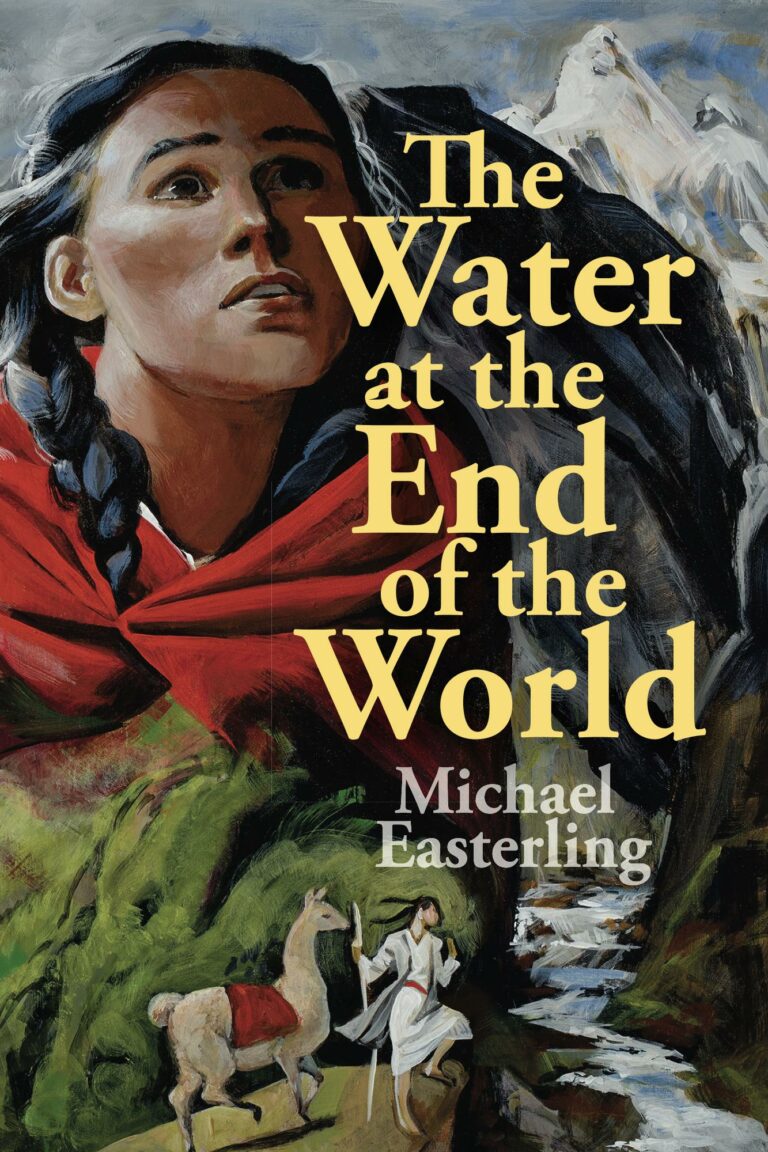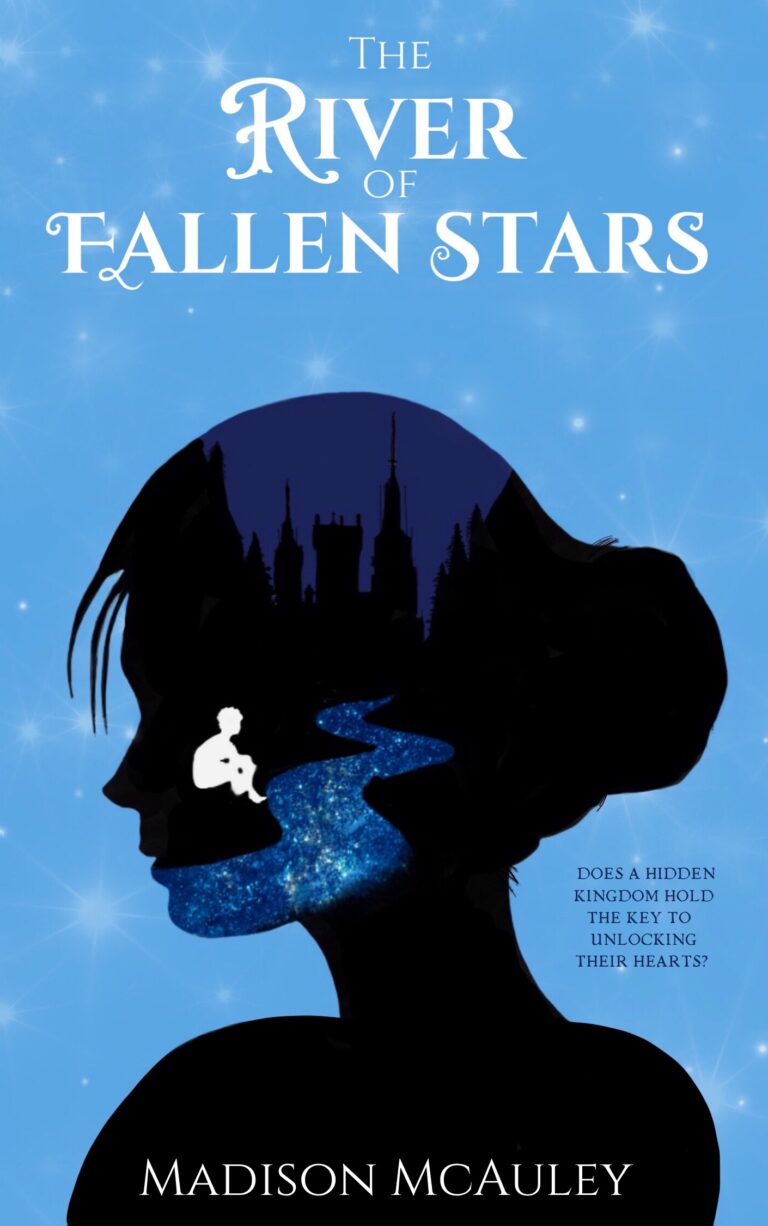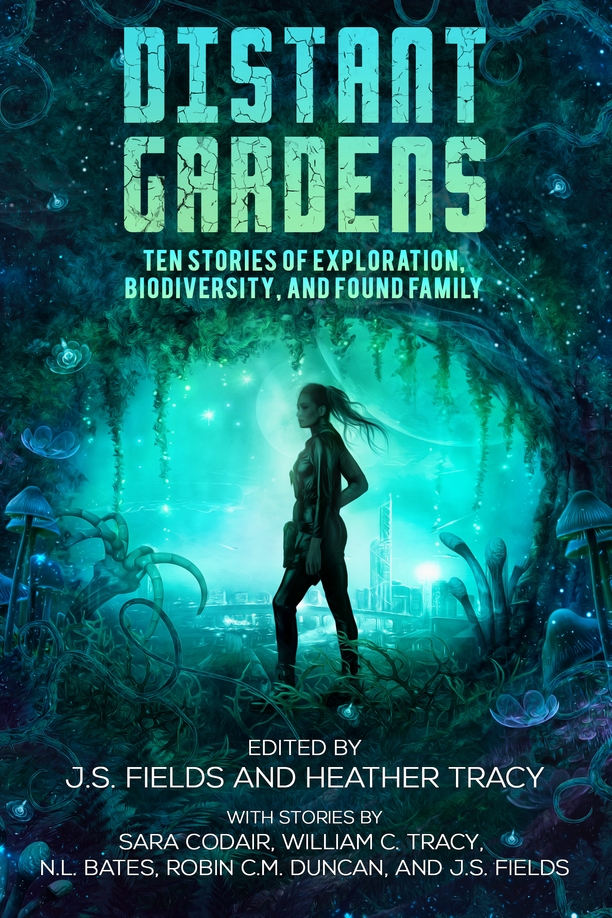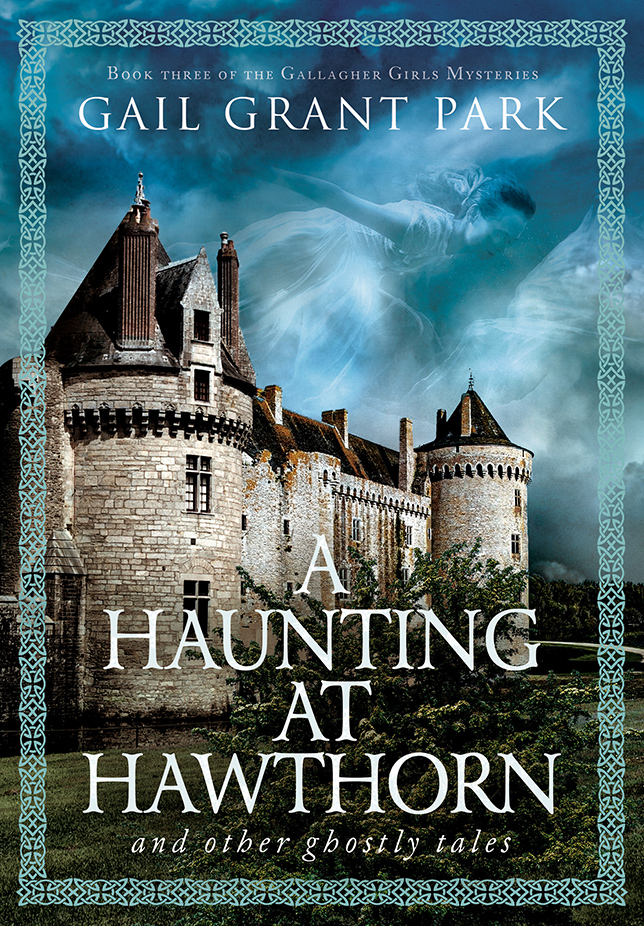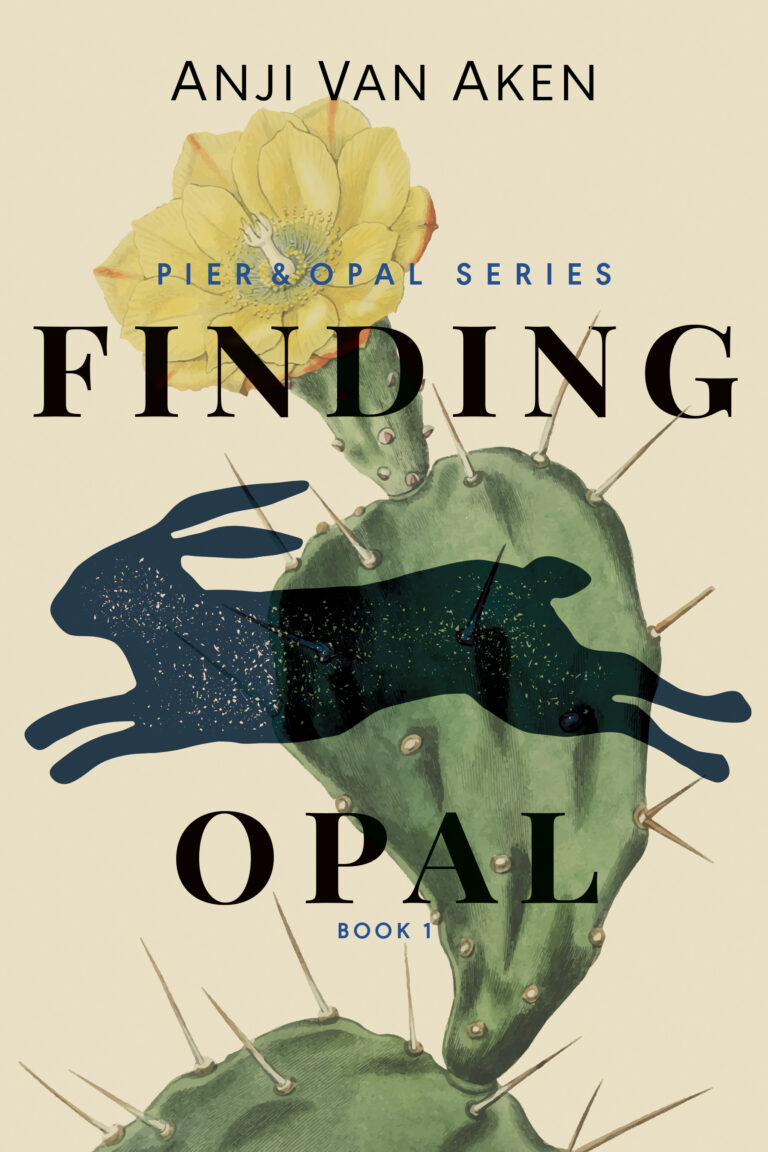Literary history is full of ghosts. For every Shakespeare or Austen whose work has echoed through time, there are dozens – hundreds – of writers whose voices once rang just as loudly but have since fallen into obscurity. Some were famous in their day, others quietly radical; many were ignored because of who they were: women, people of color, colonized subjects, political dissidents. Their disappearance doesn’t reflect a lack of talent – but a failure of the systems meant to preserve it.
For today’s writers, these forgotten figures offer more than curiosity. They offer a mirror – and a challenge. How do we want to be remembered? Should we write for today, or for something more lasting?
Writers like Delarivier Manley, Sui Sin Far, and Pauline Hopkins remind us that the literary canon is neither neutral nor complete. Their works, once buried or dismissed, are now being recovered for what they always were: insightful, inventive, and ahead of their time. Manley’s political satire skewered 18th-century corruption with a sharp wit. Far wrote nuanced short stories about Chinese-American identity long before the word “multiculturalism” existed. Hopkins combined science fiction, romance, and racial justice in ways still startlingly fresh.
Their disappearance was not a natural consequence of time. It was shaped by social gatekeeping, limited publishing access, and changing political winds. Yet their re-emergence proves something powerful: that writing with substance can survive, even if it sleeps for a century.
In a world of rapid media cycles and trend-driven publishing, it’s easy to feel pressure to write for the moment – to follow what’s marketable, relevant, viral. But writing only for now risks becoming disposable. The forgotten writers of history remind us that great literature often exceeds its own time. It challenges, questions, provokes discomfort. And sometimes, it waits.
That doesn’t mean ignoring the present. Far from it. Many of these writers were deeply engaged with the issues of their era. But their work resonates today because they wrote beyond surface relevance. They invested in voice, truth, and form. Their stories had staying power – even if history briefly lost track of them.
As contemporary authors, we should strive to do the same. Write with urgency, yes – but also with longevity in mind. Ask not just what stories are needed now, but what stories will still matter later. Think not only about success today, but how your work participates in the long conversation of literature.
And perhaps most importantly, read widely. Read outside the canon. Read those who came before but were left behind. Because in doing so, you don’t just honor the past—you enrich your future as a writer.
Suggested Reading: Rediscovered Voices Worth Knowing
-
Sui Sin Far – Mrs. Spring Fragrance
One of the first Chinese-American story collections, capturing identity and belonging with quiet power. -
Pauline Hopkins – Of One Blood
A radical mix of romance, mysticism, and racial identity, published in 1902 but still strikingly relevant. -
Delarivier Manley – The New Atalantis
A sharp and scandalous political satire from a woman who refused to be silent in 1709. -
José Rizal – Noli Me Tangere
A novel that sparked a revolution – and offers a powerful example of writing that changed the world.
Final Thought:
To write only for now is to gamble with forgettability. To write with vision is to accept that your impact might take time – but when it lands, it lasts.
Which writers – either lost to time or still undervalued – do you admire for their resilience or vision, and how can you learn from their example to shape your own writing? Follow us on Facebook and Instagram for more insights, and share your stories in the comments!


